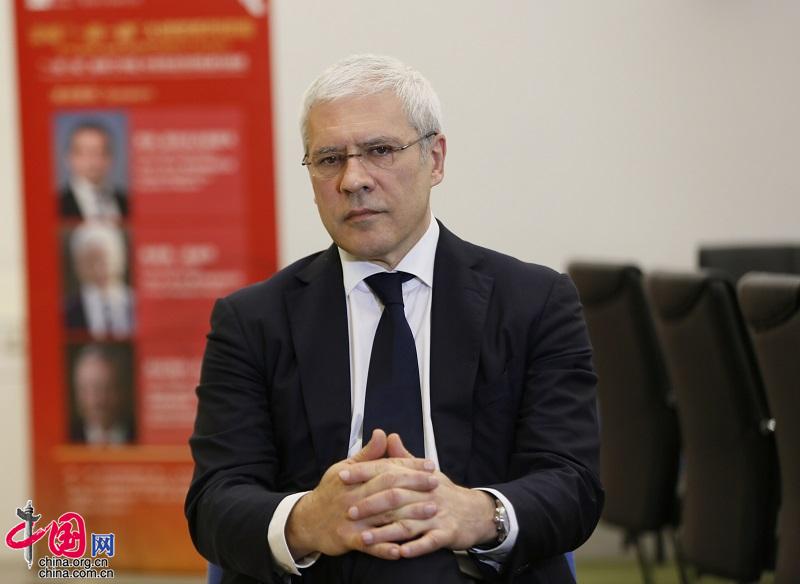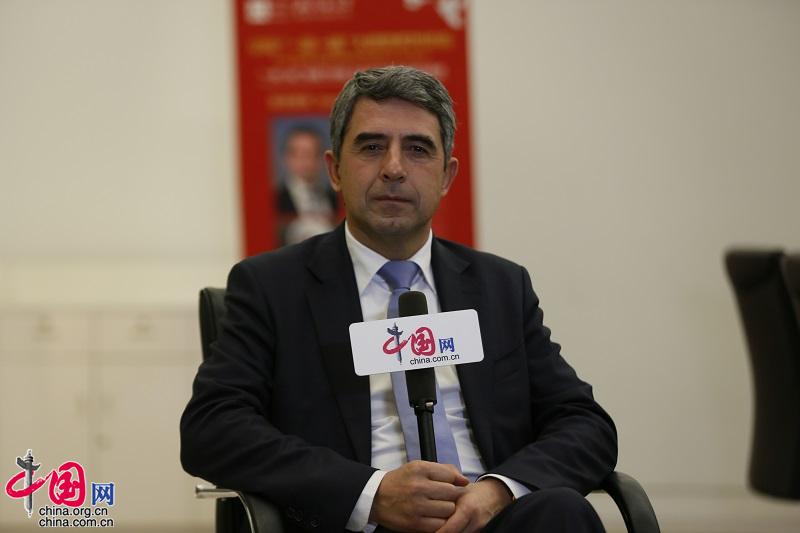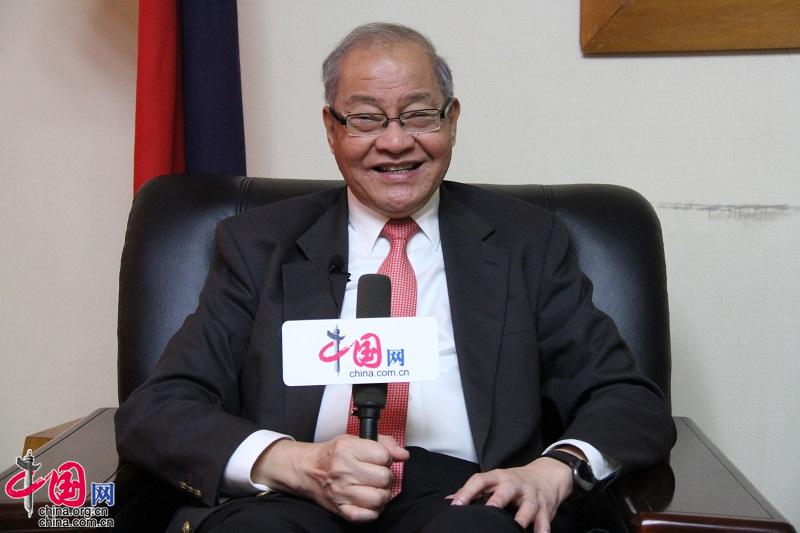What Other Countries Can Learn from China on Poverty Alleviation
China.org.cn/Chinagate.cn by Wang Donghai, Liu Mengya and Zhang Wenjun ,October 02, 2019 Adjust font size:
China is a developing country which used to have the largest rural poor population in the world. Remarkable achievements have been made in China’s anti-poverty campaign over the past four decades, shaping a unique poverty reduction strategy. This impressive performance has been widely recognized by the international community.

H.E. Boris Tadić, former President of the Republic of Serbia
“I am totally fascinated by China’s success, this is one of the biggest success ever in politics, in the society, and in the economy,” said H.E. Boгis Tadić, the former President of Serbia, during an exclusive interview with China.org.cn. “And this is something that I am always using as an example of how one country, which is implementing new strategies of development, can bring benefits for ordinary people.”
H.E. Rosen Plevneliev, the former President of the Republic of Bulgaria, noted in a separate interview that many countries in the world also face the problem of poverty, but they failed to solve the problem in a sustainable way. “China has raised 800 million people out of poverty.

H.E. Rosen Plevneliev, former President of the Republic of Bulgaria
They have been given hope. They have been given a future. They have been given a new horizon,” he said, and added that China has done it in a sustainable and wise way. “Those 800 million people here in China were educated. They were given a hand to integrate themselves into the 21st century with new technologies and with new industries. So China is an amazing example. We hope all the other countries in the world will learn from that lesson and will do it,” he said.
While talking to China.org.cn, Jose Santa Romana, the Philippine Ambassador to China, pointed out that “poverty alleviation is one of China’s success stories over the past three decades. And this is the one that has caught the attention of the world, including the international financial institutions.”

H.E. Jose S. L. Sta. Romana, Ambassador of the Republic of the Philippines to China
In most countries, poverty alleviation is really an aid-based approach. However, China’s targeted poverty alleviation is a scientific approach because the government identifies the poor families and their needs and works with them to lift them out of poverty within a generation.
The Millennium Development Goals Report released in 2015 shows that China has made great leaps in reducing poverty reduction.
Nevertheless, poverty alleviation is a global challenge. Human society has never ceased to fight against poverty.
Right now, according to Jose Santa Romana, there are still around 16 or 17 percent of the Philippine people suffering from poverty, and the country hopes to reduce that during the period of President Duterte’s administration. But, it’s truly a major challenge, he said, adding “this is something that we need help not only from the communities, the different sectors in the Philippines, but from learning the experience around the world, including China.”
But with so much work to do, where should we start? Rosen Plevneliev thinks that the only way to lift people out of poverty is by education, bringing them to the new reality of the industries, the different aspects of the professions, and to the possibilities and opportunities of the 21st century.
In addition, the Belt and Road Initiative (BRI) could help to enhance infrastructure connectivity among different countries and continents.
Rosen Plevneliev believes that the BRI is an amazing opportunity which can bring prosperity, corporation and peace. “As a Bulgarian president, I am a very strong advocate ambassador for the Belt and Road Initiative,” he said.
Former President of Serbia H.E. Boris Tadić also considered the BRI as very important for the development of central and eastern Europe, a region that is not totally integrated into the European Union today. In his words, “China is building infrastructure, China is investing in technological industries, China is opening more working spaces and in that respect China is speeding up the process of developing and raising our GDP very fast. In that respect, China is going to be an extremely important global player in this part of Europe.”
In his congratulatory message to the opening of the first South-South Human Rights Forum held in Beijing in December 2017, Chinese President Xi Jinping gave the message that the Chinese people would like to work in concert with people in other developing countries and beyond to drive development through cooperation, promote human rights through development, and build a community with a shared future for human beings.
